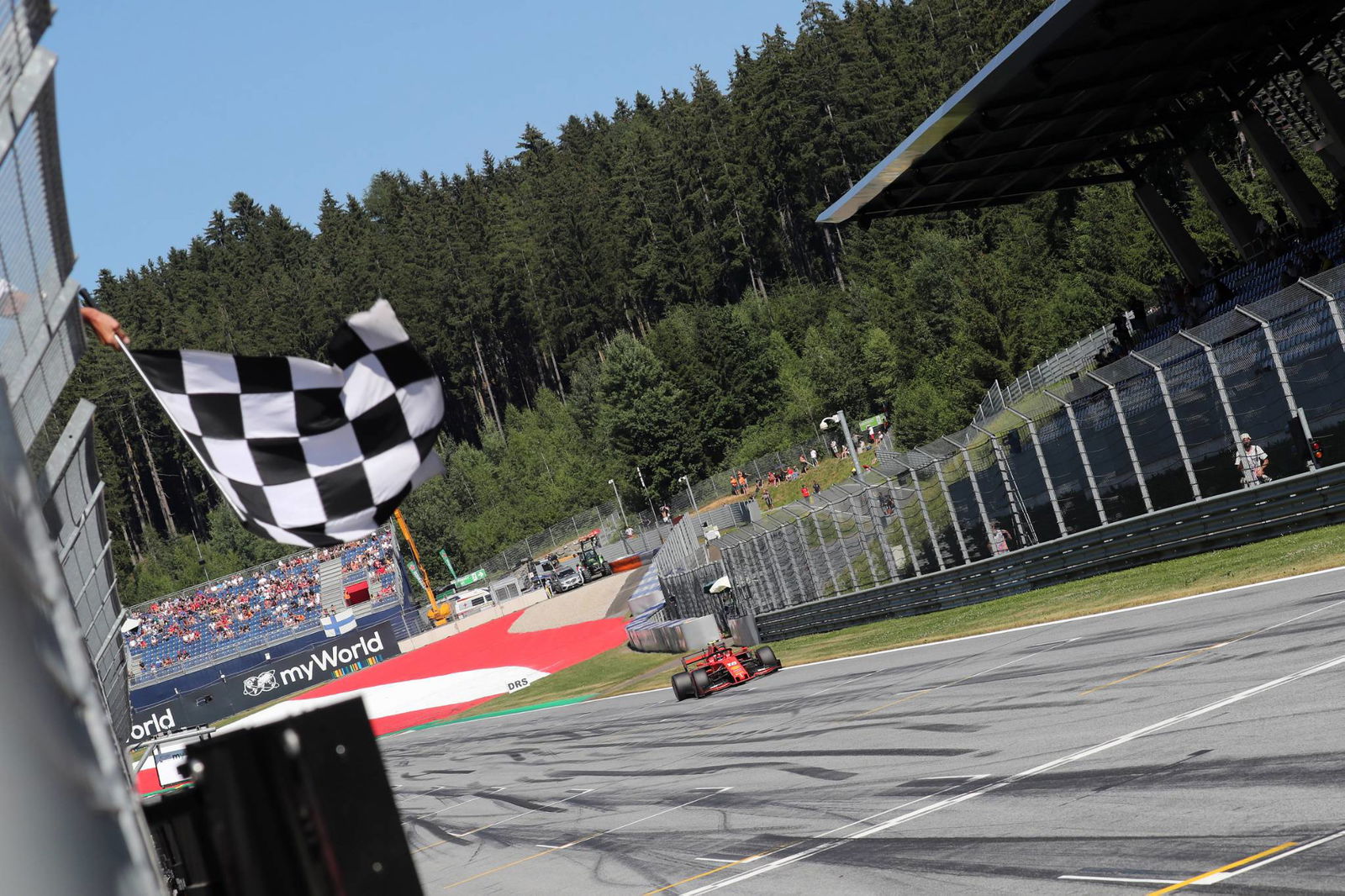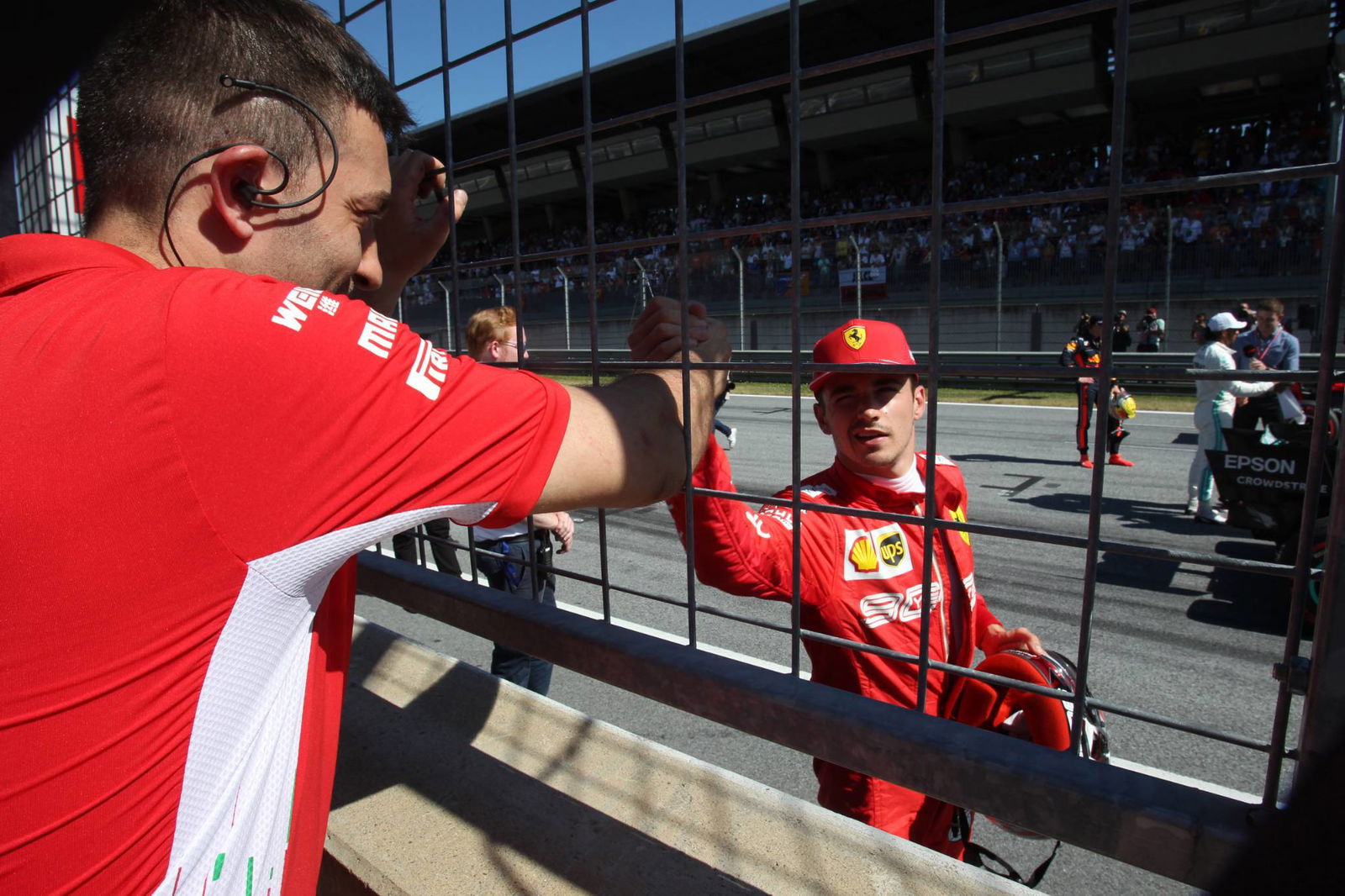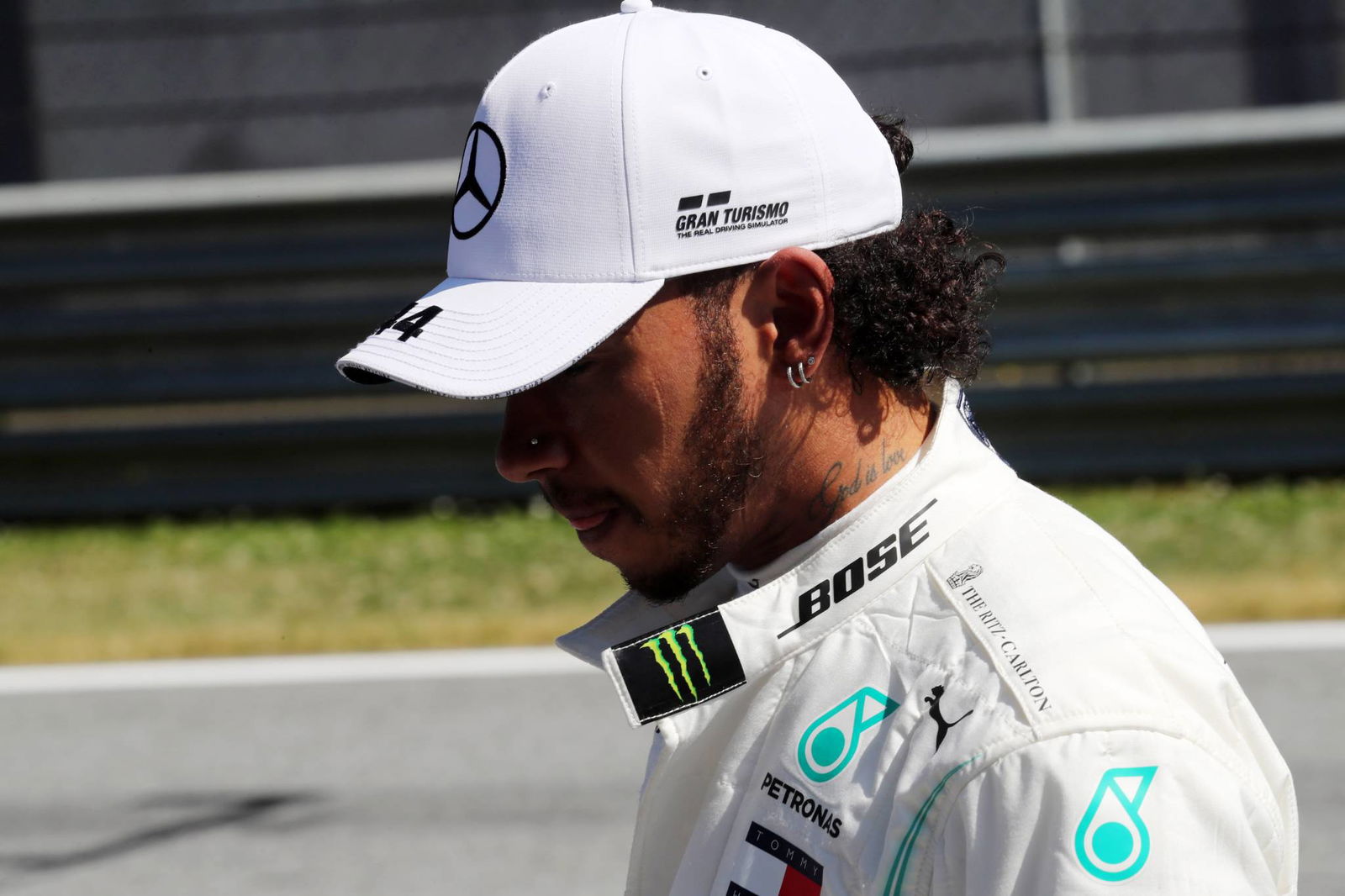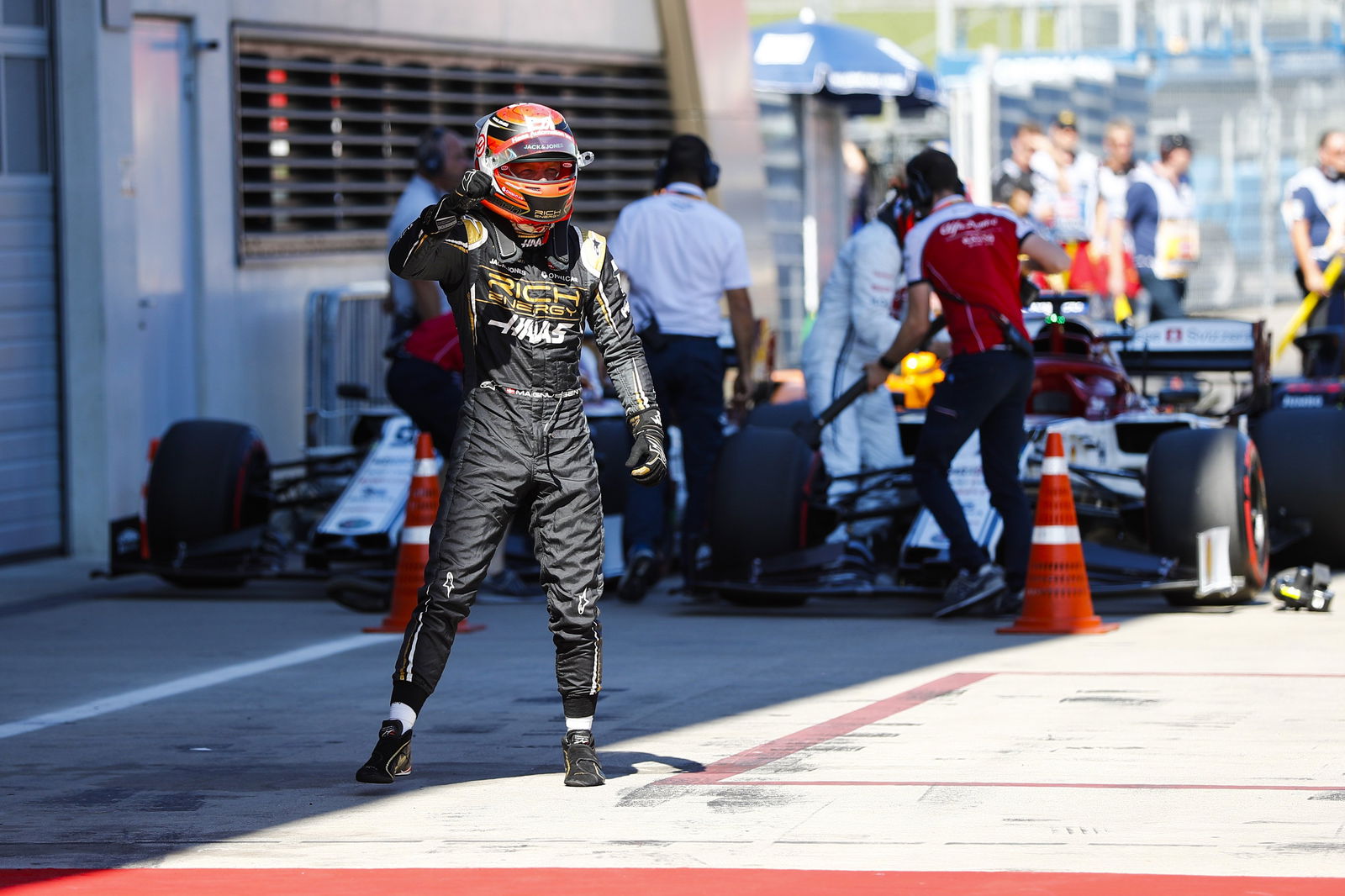F1 Qualifying Analysis: How a change of approach paid off for Leclerc
Charles Leclerc’s readiness to lead Ferrari has been one of the big themes early in the 2019 Formula 1 season, with his bright start to life with the Scuderia prompting suggestions he was already better-placed than Sebastian Vettel to fight for the world title.

Charles Leclerc’s readiness to lead Ferrari has been one of the big themes early in the 2019 Formula 1 season, with his bright start to life with the Scuderia prompting suggestions he was already better-placed than Sebastian Vettel to fight for the world title.
But with momentum swinging in Vettel’s favour recently and the gap between the pair opening up to more than 20 points in the drivers’ championship, it appeared the four-time world champion remained the man to spearhead Ferrari’s recovery push this year, most strongly shown in his domination of the Canadian Grand Prix weekend.
However, we saw the tables turn once again in Austria qualifying on Saturday as Leclerc made good on his impressive practice pace to take his second career pole in dominant fashion.
Bahrain saw Leclerc deliver on the promise that had convinced Ferrari to give him a shot alongside Vettel for 2019 in his charge to pole, with his defeat in the race only being cruelly inflicted by an issue on his car. But since then, such confidence had not been so present.
The biggest blow came in Baku when, after dominating practice, Leclerc crashed out in Q2 with a mistake that realistically ended Ferrari’s hopes of victory that weekend. It was a knock to his qualifying form in particular as he failed to beat Vettel on Saturday in three of the next four Saturday sessions.
Leclerc is his own worst critic, as seen in his regular inward rants over the team radio that have been heard through the first year-and-a-bit of his F1 career. It is perhaps unsurprising that he was quick to identify where he was weak and set about working on it, with his qualifying form coming into focus ahead of the French Grand Prix.
A lack of gains and build-up in pace through to Q3 was where Leclerc had been falling down. While others were able to make significant gains through all three stages as they grew in confidence, piecing together the lap. In Spain, Leclerc found 0.8 seconds from Q1 to Q3; Vettel found 1.2 seconds in the sister Ferrari. Worst still came in Canada when Leclerc was only able to gain 0.3 seconds; Vettel picked up a second.

Leclerc said ahead of the last race in France that he was changing his approach, angling his setup so it was primed for a quicker track in Q3 instead of putting most of his chips on Q1. It quickly worked as he found a mammoth 1.7 seconds across the three sessions at Paul Ricard, putting himself P3 on the grid – the best he could really hope for given Mercedes’ pace advantage.
The maturity Leclerc has been praised for throughout his racing career shone through again in Austria. Much as he did in Baku, he was the clear leader in practice – only this time around, he carried his pace through to qualifying, leading both Q2 and Q3. His gain across the sessions was 1.1 seconds, showing how he was able to build things up.
See a problem. Come up with a solution. Put it into action. Sounds simple, but it is something so many drivers have failed to do quickly in their careers.
“I changed a little bit my approach from Paul Ricard, and I really felt I did a step forward,” Leclerc said after qualifying, before going on to explain his changes.
“Austria is also my favourite track, so it might fit a little bit better my driving style. But overall since Paul Ricard, I did a step forward, and I could feel it in the car. So I’m happy with this.
“[The change] is just to take things a little bit more step by step during the qualifying sessions. I probably over-pushed. And then on the setup side, I anticipated the track evolution which is quite a big factor now in Formula 1.
“So with just these two, I certainly found quite a bit of time.”
The result on Saturday in Austria was not only a big result for Leclerc, but also for Ferrari as a whole. It may have been on pole only two races ago, yet the nature of its defeat in France last weekend made it seem much, much longer ago, with the toppling of Mercedes at the Red Bull Ring coming as a big surprise to most.

Leclerc explained after the session how a change in Ferrari’s setup philosophy had also helped the team, moving away from a focus on running as little drag as possible in favour of more downforce.
“I think our main issue in the last few grands prix was the front. We didn’t have enough front,” Leclerc said.
“I think this weekend, it was quite a bit better. We tried different setups, also setup philosophy ,and it seems to be a bit better.
“It doesn’t mean that we’ll do a big step for the other races, but for here, it works pretty well. I think the most time gained on the second sector is because of a stronger form compared to the last grand prix.”
You have to wind the clock back to Michael Schumacher’s win at the old A1 Ring in 2003 for Ferrari’s last Austria victory.
But such is the composure and maturity Leclerc has shown to make such an improvement and cure his qualifying woes, it would come as little surprise to see him end that drought for the Scuderia on Sunday.

